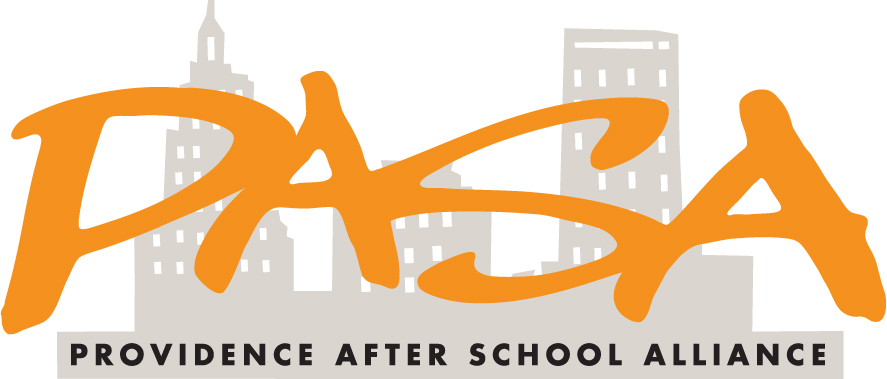
By Ann Durham, Director of Quality Initiatives
posted 9.12.2014

It’s been nearly three years since PASA was one of the winners of the MacArthur and Mozilla Foundation-sponsored Digital Media and Learning (DML) Competition that resulted in the creation of digital badges for the Hub’s ELOs. We knew that Providence youth were engaging in high quality learning experiences outside of school that were just as transformative and relevant as their in-school lessons, but we had no way to help them communicate those experiences to stakeholders that mattered to them, like potential employers and college admissions officers. We also knew that digital badges had the potential to document those experiences and paint a more holistic picture of a young person—one who maybe struggled in algebra class, but excelled in her after school engineering program.
PASA wasn’t the only group to recognize the potential of these relatively new digital credentials. Shortly after the DML winners started rolling out their badge strategies, the city of Chicago announced its plan to badge its City of Learning summer program, giving badges a huge PR and credibility boost. This past year, Columbus, Dallas, Los Angeles, Pittsburgh, and Washington, DC came on as Cities of Learning, all with badge strategies underway. The Cities of Learning initiative has done a great deal to bring badges into the public consciousness, but as of yet, all of our badge strategies document experiences, but don’t adhere to consistent standards across cities and states.
During these three years, we at PASA have learned a lot about digital badges, not only about their functionality and potential, but about their marketability among youth, program providers, employers, and higher education institutions. Over and over again, high school youth have told us that if we want them to buy into and adopt badges as a valuable marker of their learning, they’ll have to unlock real world benefits not available through more traditional means.
If we want badges to go beyond documentation and truly serve as resources that young people of all backgrounds can use to “level-up” their experiences into college and/or employment access, we’ll need to come together to create consistent quality benchmarks that guarantee that the learning behind the badge was rigorous and relevant to employers, colleges, and universities.
After issuing participation-based badges tied to attendance requirements and program completion, PASA is ready to take its badge strategy to the next level. With generous support from the Noyce Foundation, PASA is teaming up with Boston After School and Beyond—one of our national Every Hour Counts partners— as well as our youth assessment partners PEAR and NIOST, to create and test a way to build a replicable digital badge system informed by youth, employers, and higher ed. that is predicated on the idea that the badge holds value based on the badge earners meeting quality thresholds tied to the national Every Hour Counts framework.
This work will strive to ensure that digital badge earners will be able to take their badges issued by programs or organizations, and use them to unlock opportunities wherever they move based on the inherent value of the badge.
By simultaneously creating marketability among all stakeholders and ensuring a consistent, validated level of quality and rigor, PASA and Boston hope to push digital badges into their next phase of potential: sustainable national scale and multi-industry adoption.
